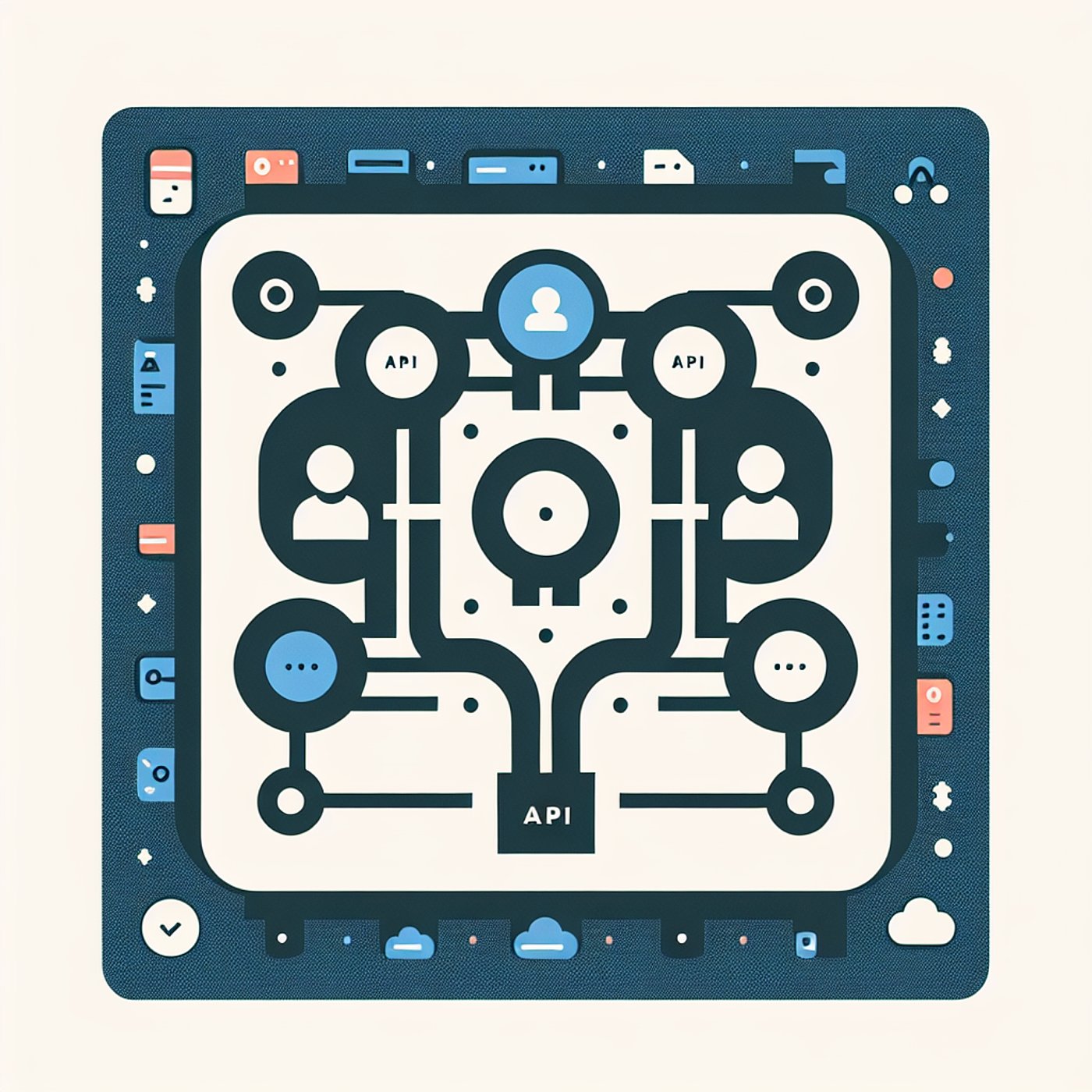
Understanding Hyrum's Law in Software Engineering
Description
In this episode of Tech Talk, we explore Hyrum's Law with special guest Hyrum Wright, a Principal Scientist at Adobe. Hyrum's Law illustrates how, with enough API users, every observable behavior becomes part of the user experience, regardless of what was originally promised. We discuss the implications for software engineering, including how users can rely on unintended system behaviors, the challenges this presents for future updates, and the importance of thorough testing. Hyrum shares practical strategies for engineers to anticipate user expectations and design better software systems. Tune in to understand how proactive design can mitigate future headaches in system evolution!
Show Notes
## Key Takeaways
1. Hyrum's Law states that with enough API users, every observable behavior will be relied upon, even if not intended.
2. Implicit interfaces can constrain system changes and must be considered during design.
3. Proactive design and extensive testing are crucial for managing user expectations.
## Topics Discussed
- Definition of Hyrum's Law
- Examples of implicit interfaces in software
- Strategies for engineers to manage user expectations
Topics
Transcript
Host
Welcome back to Tech Talk, everyone! Today, we’re diving into a fascinating topic known as Hyrum's Law, which has some important implications for software engineering. To help us understand this concept, we have a special guest, Hyrum Wright, a Principal Scientist at Adobe. Hyrum, thanks for joining us!
Expert
Thanks for having me! I'm excited to talk about this.
Host
So, let's kick things off. What exactly is Hyrum's Law?
Expert
In simple terms, Hyrum's Law states that with enough users of an API, it doesn't matter what you promise in your contract—every observable behavior of your system will be relied upon by someone. Essentially, the more people use it, the more they depend on aspects of it that you may never have intended.
Host
That’s really interesting! Can you give us an example of this in action?
Expert
Sure! Imagine a car. You have the interface, like the steering wheel and pedals, which allow you to drive, and then you have the implementation, like the engine and wheels. Ideally, you think users will only interact with the steering wheel and pedals. But over time, drivers start to rely on how fast the car accelerates or how smoothly it brakes, even if those things weren't explicitly mentioned in the manual. Those expectations become part of the 'implicit interface'.
Host
Got it. So, the more users you have, the more they start to depend on things you didn't plan for.
Expert
Exactly! And this dependency can really constrain how you can change the system later. Let’s say you want to modify the engine for better efficiency, but users expect it to accelerate in a certain way. If you change that, you risk breaking their experience.
Host
That sounds tricky! How do engineers usually deal with this issue?
Expert
It often comes down to extensive testing. Ideally, you want automated tests that cover not just the documented behaviors but also those implicit expectations that have formed over time. However, it can be challenging to capture everything in tests.
Host
So, is there a way to prevent these implicit interfaces from forming?
Expert
While it's nearly impossible to avoid them completely, being aware of them is the first step. When designing systems, engineers should consider how users might interpret their APIs and what assumptions they might make.
Host
That makes a lot of sense. It sounds like being proactive can save a lot of headaches down the line.
Expert
Absolutely! If you think about the system's growth and its future evolution from the start, you can make better decisions that will minimize the impact of those implicit interfaces.
Host
Thanks, Hyrum! I think our listeners now have a much clearer idea of Hyrum's Law and its implications. Before we wrap up, any final thoughts?
Expert
Just remember, the interface is more than just the documented promises; it’s the entire experience users have with your system. Keeping that in mind will help you design better software.
Host
Fantastic advice! Thanks again for joining us today. This was a great discussion.
Expert
Thank you for having me!
Host
And thank you to our listeners for tuning in. Until next time, keep exploring the world of technology!
Create Your Own Podcast Library
Sign up to save articles and build your personalized podcast feed.